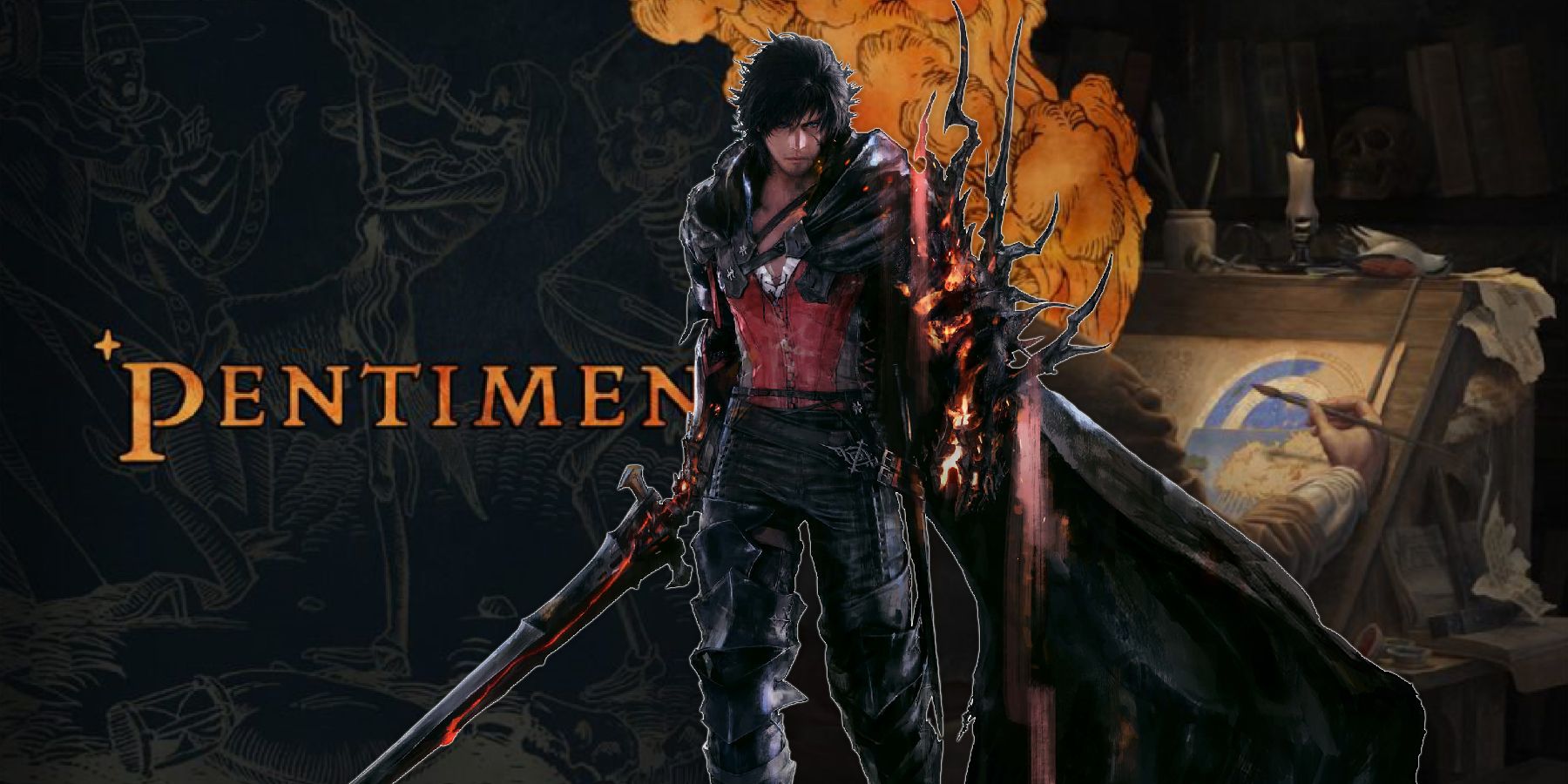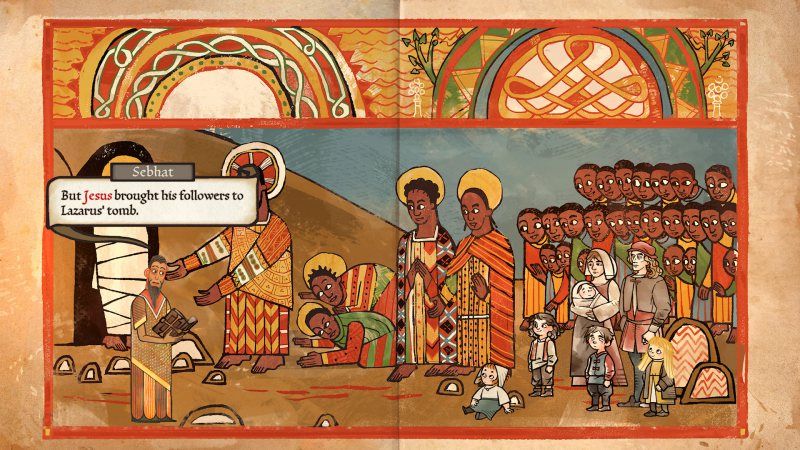Pentiment is Obsidian’s new decision-based narrative adventure game set in the 16th century. History fans and story-centric gamers have been enjoying the Obsidian Entertainment murder mystery game, telling the story of Andreas Maler as he builds relationships with the people of Tassing and uncovers the secrets of the small 16th-century Bavarian town. However, with its historical setting comes one key concern Pentiment manages to handle much better than its contemporaries: diversity.
As a historically grounded game set in a predominantly white, European, and Christian setting, Pentiment makes a great point about how similar games can handle diversity while also being historically accurate. Unlike many games that find their inspiration in medieval Europe and hide behind the guise of being true to history to defend a lack of representation, Pentiment shows that it is quite easy to write a multiracial cast while still being one of the most historically accurate games on the market.
Issues With Representation In Historically Grounded Games
Pentiment’s timeline is set toward the end of the medieval period in Europe, a setting that is quite common in gaming. Generally, when Western games are looking for some sort of high fantasy setting–or anything that involves sword fighting and suits of armor–they draw upon the Middle Ages in Europe, a time and a place dominated by white Christians. Unfortunately, when writing characters for video games, it seems like developers take the wrong notes from this point in history and often fail to write people of color into the script because this is a time and place that wasn't very multicultural. However, that isn't entirely true, and diversity should still be a focus when writing a game for a modern audience.
The most recent example of a historically grounded game that tries to use history as a reason for not writing in non-white people is Final Fantasy 16. When asked about representation in the upcoming PS5 exclusive, producer Naoki Yoshida mentioned that the game’s setting, Valisthea, was inspired by medieval Europe, and as a result, it lacks the type of diversity people are accustomed to today. Additionally, Valisthea is supposed to be a secluded land, closed off from the wider world, which presumably adds to its lack of diversity. While Yoshida isn’t entirely wrong that medieval Europe was predominantly white, Pentiment proves that historical fiction has room for diversity.
Pentiment Sticks True To History While Providing Diversity
During the opening hours of Pentiment, Andreas meets Brother Sebhat, an Ethiopian missionary passing through the town of Tassing. He is one of few characters of color in the game, but his story brings representation in a predominantly white European Christian setting while still feeling historically accurate. Sebhat shares stories of his homeland and parts of his culture, mentioning how much he misses the bread of Ethiopia. The character is even portrayed using Ethiopian icon art, giving more flavor to the game’s visual palette while also sticking to the game’s historical artwork. This scenario may not have been very common throughout all of medieval Europe, but it certainly happened, and it works well to bring some representation for a game released to a diverse audience.
Beyond skin color, Pentiment manages to diversify its cast with non-Christian characters. In a later part of the game, a Jewish couple passes through Tassing, and much like Sebhat, they share their culture with the peasants. The game even integrates parts of the Hebrew alphabet into its visuals as the couple’s relationship grows with the citizens of Tassing. This is another example of taking real-life historical occurrences–as small as they may be–and writing compelling, historically grounded fiction while providing diversity. Pentiment’s writing allows even a small, secluded Bavarian town to see some different faces and proves there is no excuse not to have at least some representation when creating a historically grounded game.
Pentiment is available now for PC, Xbox One, and Xbox Series X|S.



